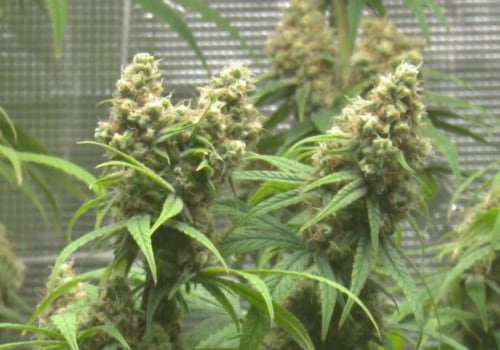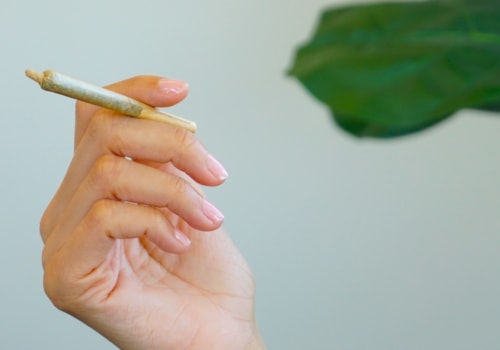Cannabidiol (CBD) is a compound found in cannabis plants that has been gaining attention for its potential to help with addiction. To date, there is no evidence of public health-related problems associated with the use of pure CBD. Unlike THC (tetrahydrocannabinol), CBD does not produce psychoactive effects and does not appear to be addictive. It interacts with the human endocannabinoid system by encouraging the release of our own endocannabinoids, and has no known adverse effects.
A recent study conducted by researchers at the University of New South Wales found that CBD could be beneficial in treating marijuana dependence and other substance use disorders. The authors concluded that CBD could be better used to treat marijuana dependence and other substance use disorders. However, before we learn more about CBD and how it can affect you, it's also important to know more about addiction, its symptoms and how other products can be harmful depending on their ingredients. The World Health Organization has also demonstrated that CBD has no effect indicative of the potential for abuse or dependence. This suggests that CBD may be a safe and effective way to help people struggling with addiction. CBD is not known to have any addictive properties and will not cause you to become addicted or drug dependent on CBD foods.
However, like some medications, CBD gummies have also reported side effects that other users have noticed. It is important to consult with your doctor before taking any form of CBD, as it may interact with other medications you are taking. Overall, research suggests that CBD may be a promising tool in helping people manage their addiction. While more research is needed to fully understand the effects of CBD on addiction, it is clear that it has potential benefits for those struggling with substance use disorders.







